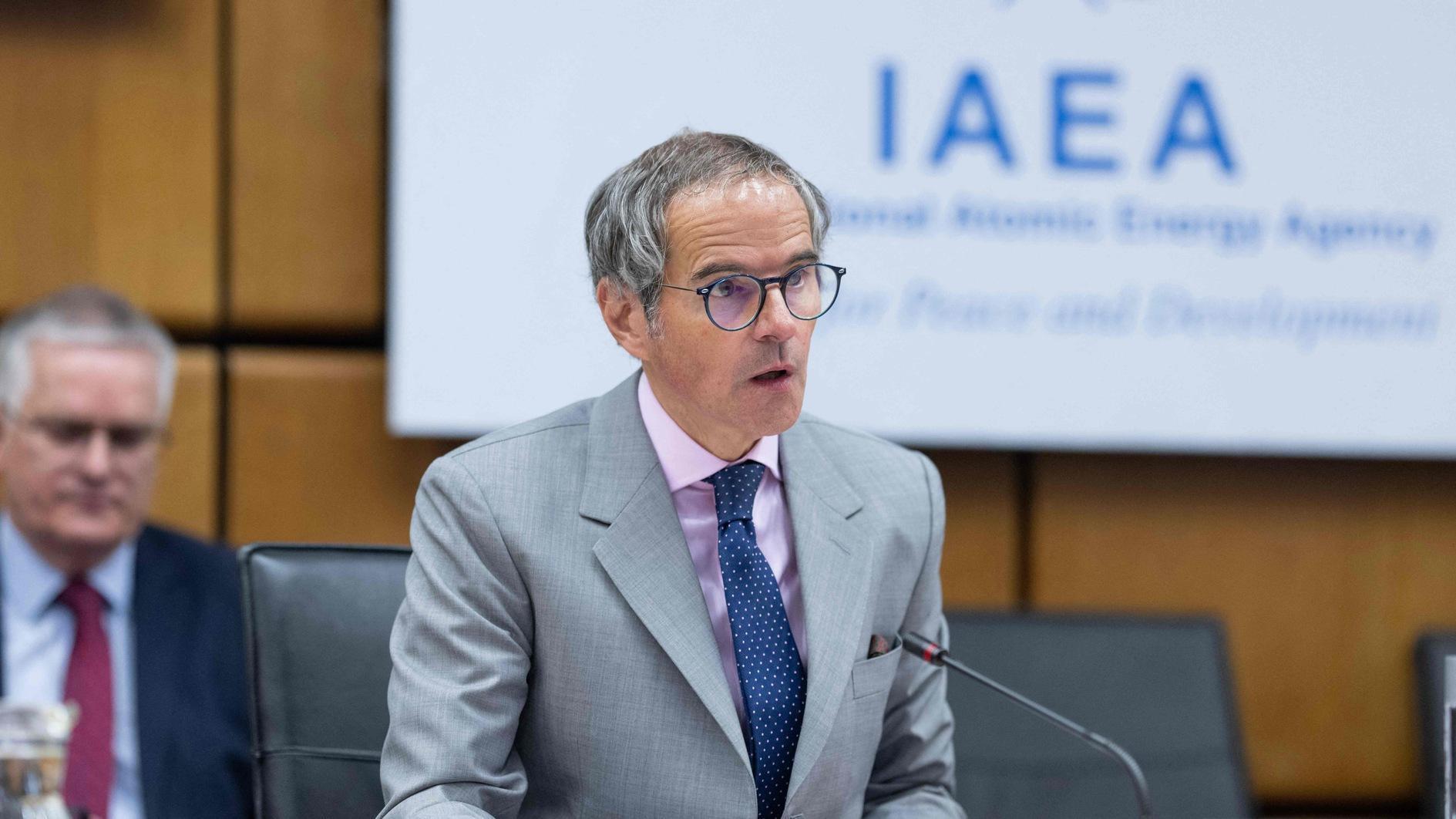EU-Turkey: Economic integration should come first
Angelo Santagostino
In the past fortnight, two interesting reports by the Independent Commission (IC) and the World Bank (WB) on Turkey’s relation with the EU have been released. Both give an insightful view of the situation concerning the bilateral relations between EU-28 and a negotiating candidate state such as Turkey. Both share a common view concerning the foreseeable developments of economic integration between both parties.In the chapter on the Turkish economy, the IC states, “Beyond existing trade, there is much potential for trade between the EU and Turkey in the field of services and public procurement, as well as agricultural goods, were the EU-Turkey custom union to be extended to these two sectors.” This possible development however, was not resumed in the conclusion, where “a credible accession process” is considered the main road for Turkey “to jump into the high income country category.”
Nevertheless, no statement on the opening of Chapters 1 and 3 on the free movement of goods and on the right of establishment and freedom to provide services can be found in the report.
The IC calls for a reset in the accession process this year in order to generate an impact on reform (like the one of 2001-2) and considers that, “there is no better place to start than to open Chapters 23 and 24 in accession talks on the judiciary and fundamental rights, and justice, freedom and security.”
Chapters 1 and 3 are blocked by a Council of the EU (General Affairs) decision of Dec. 11, 2006, adopted because of Turkey’s restrictions on Cyprus, a decision reiterated on Dec. 18, 2013, while Chapters 23 and 24 were vetoed both by France and Cyprus.
Bilateral trade, and how to enhance it, is the focus of the 130-page-long WB document. This is a detailed screening of the working of the Custom Union (CU). But it is also a look forward, indicating the measures to improve an already effective trade scheme. The WB report points out the anomaly in the implementation of the CU, due to the exclusion of Cyprus. However “despite the important political significance … does not have sizable economic or commercial implications on the overall functioning of the CU.” The WB’s recommendations span over a wide range, including widening trade integration to include services and agriculture. Public procurements are also indicated as potentially developable, although for the moment they represent a barrier to potential EU contractor. We can only notice a significant convergence between the IC and the WB concerning economic integration.
In these days, there are rumors concerning a possible deadline of three months indicated by the EU to Turkey in order to comply with European standards, to avoid halting negotiations. Although this is most probably untrue, it is clear that the moment for a quick restart has come; otherwise the whole credibility of the project will be negatively affected. What are most needed in the relation between EU and Turkey are positive and tangible results. Modifying the CU treaty along the lines indicated in the reports of the IC and of the WB is an achievable result. It is much more achievable, at least in the short term, than those implied with the opening of Chapters 23 and 24. In any case, Turkey’s democratic growth is an autonomous need which cannot be conditioned by the political conveniences of a couple of countries. EU countries need Turkish markets in order to help recovery. Turkey needs EU direct investment to supplement ailing internal savings and to improve the technology of its industry, two basic factors for economic growth. At the same time, Europe is Turkey’s largest market, for that 75% of businesses support EU accession.
Needless to say, trade developments should be accompanied by progress in the free circulation of people. The incoming EU ambassador to Turkey, who negotiated the re-admission agreement signed last December, could probably focus on the visa exemption program, an issue that the whole nation will consider as beneficial. However, no major change in the CU treaty could occur without a first step by Turkey: the elimination of the “anomaly” in the working of the CU. Recent positive advances in the peace talks on Cyprus could facilitate it.
The convergence of interests is the best propeller for upgrading the present state of economic integration. Enhancing the CU should therefore be a priority. Flourishing trade flow creates better political relations, preparing the ground in more sensitive fields.
Angelo Santagostino is Jean Monnet Chair of European Economic Integration Yıldırım Beyazıt University, Ankara











